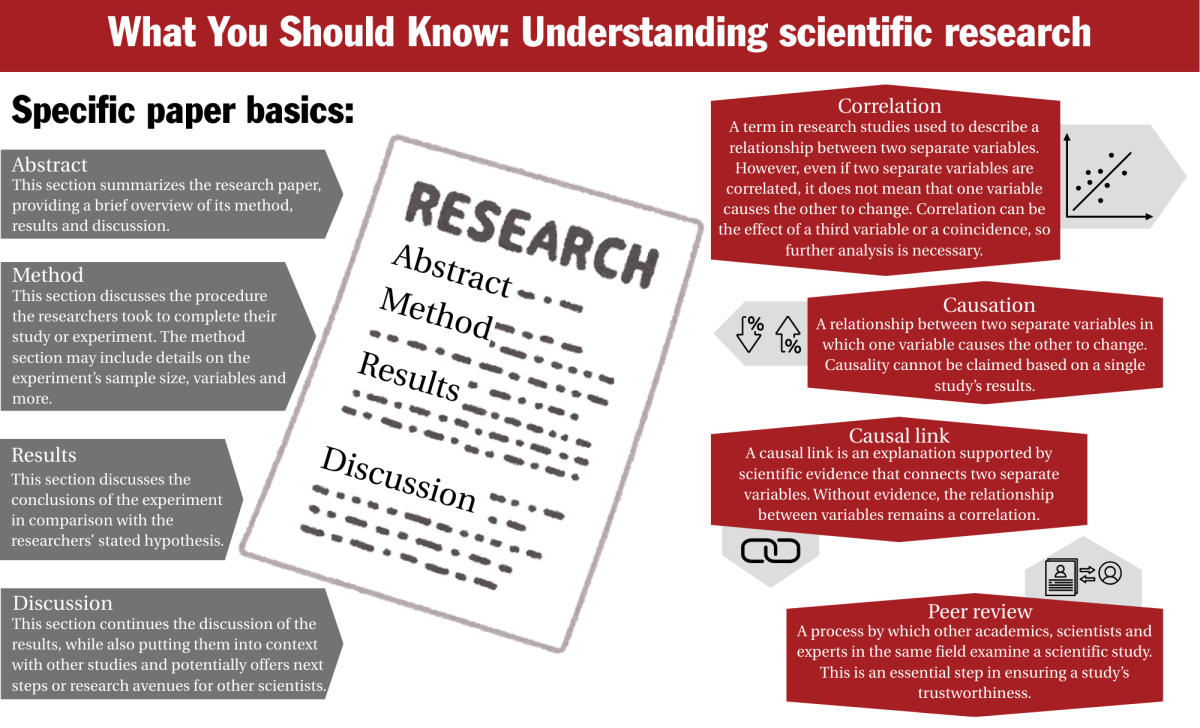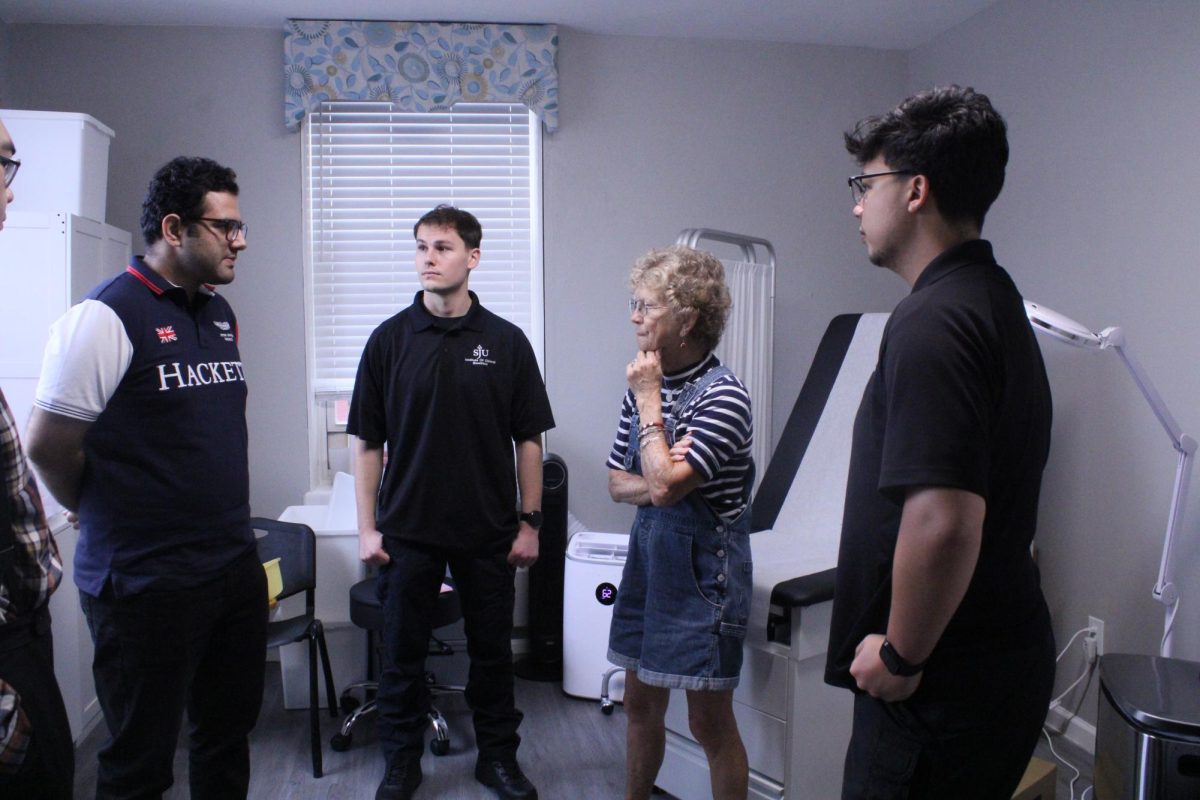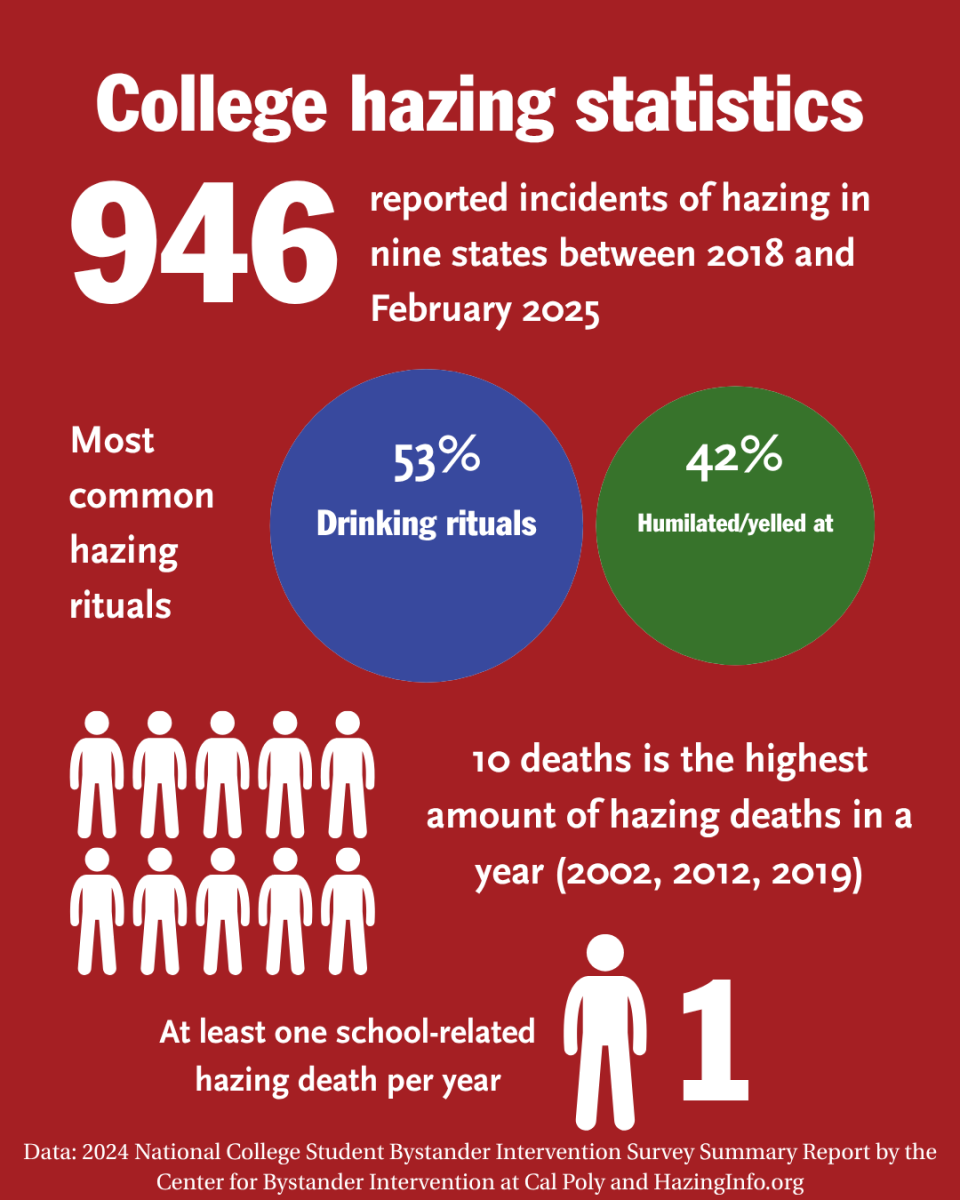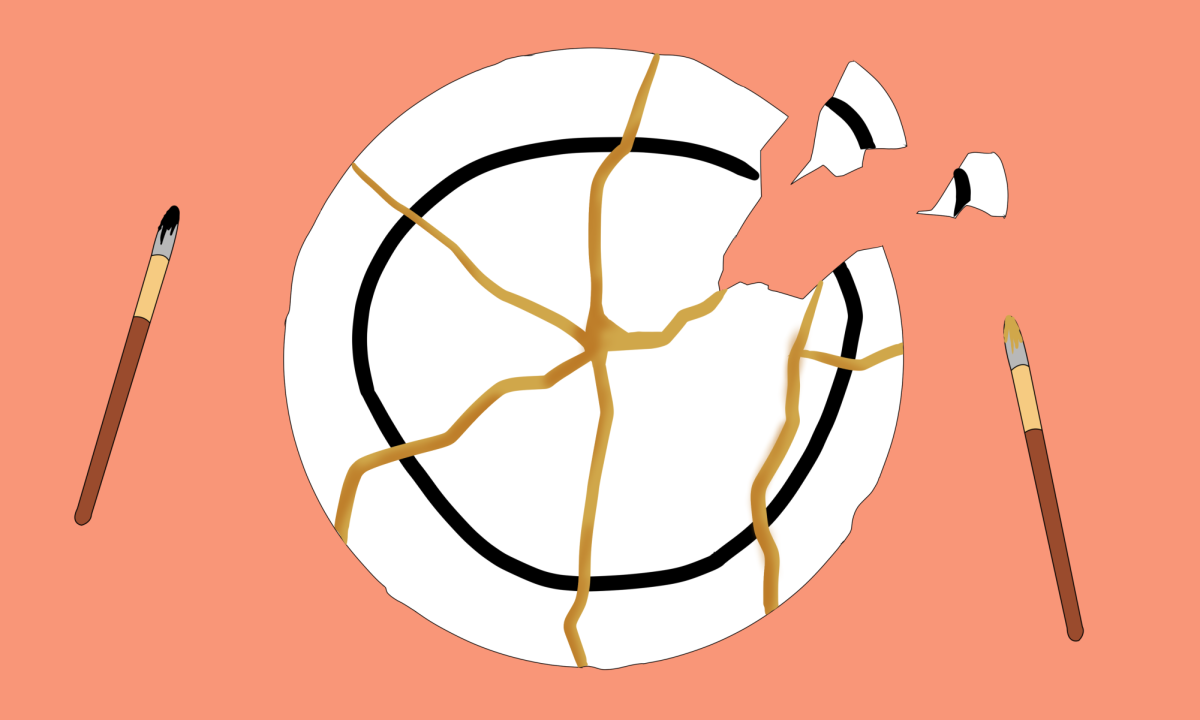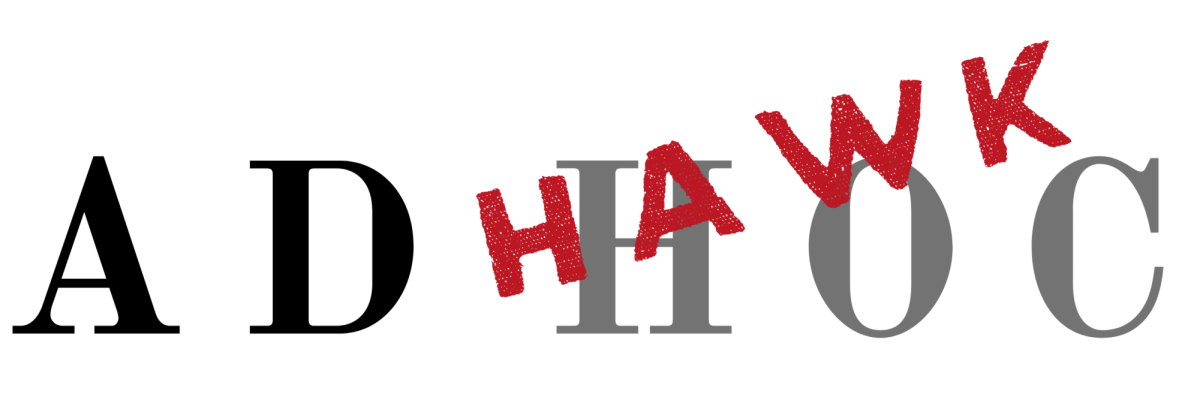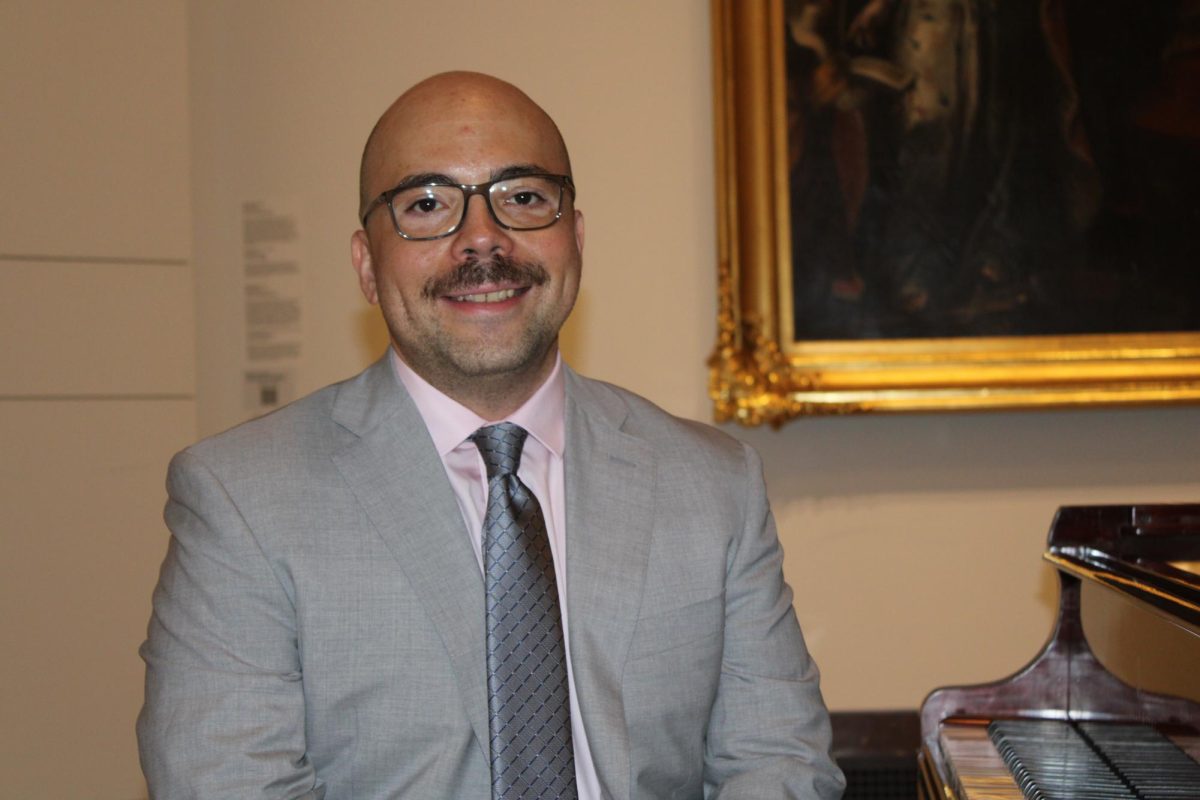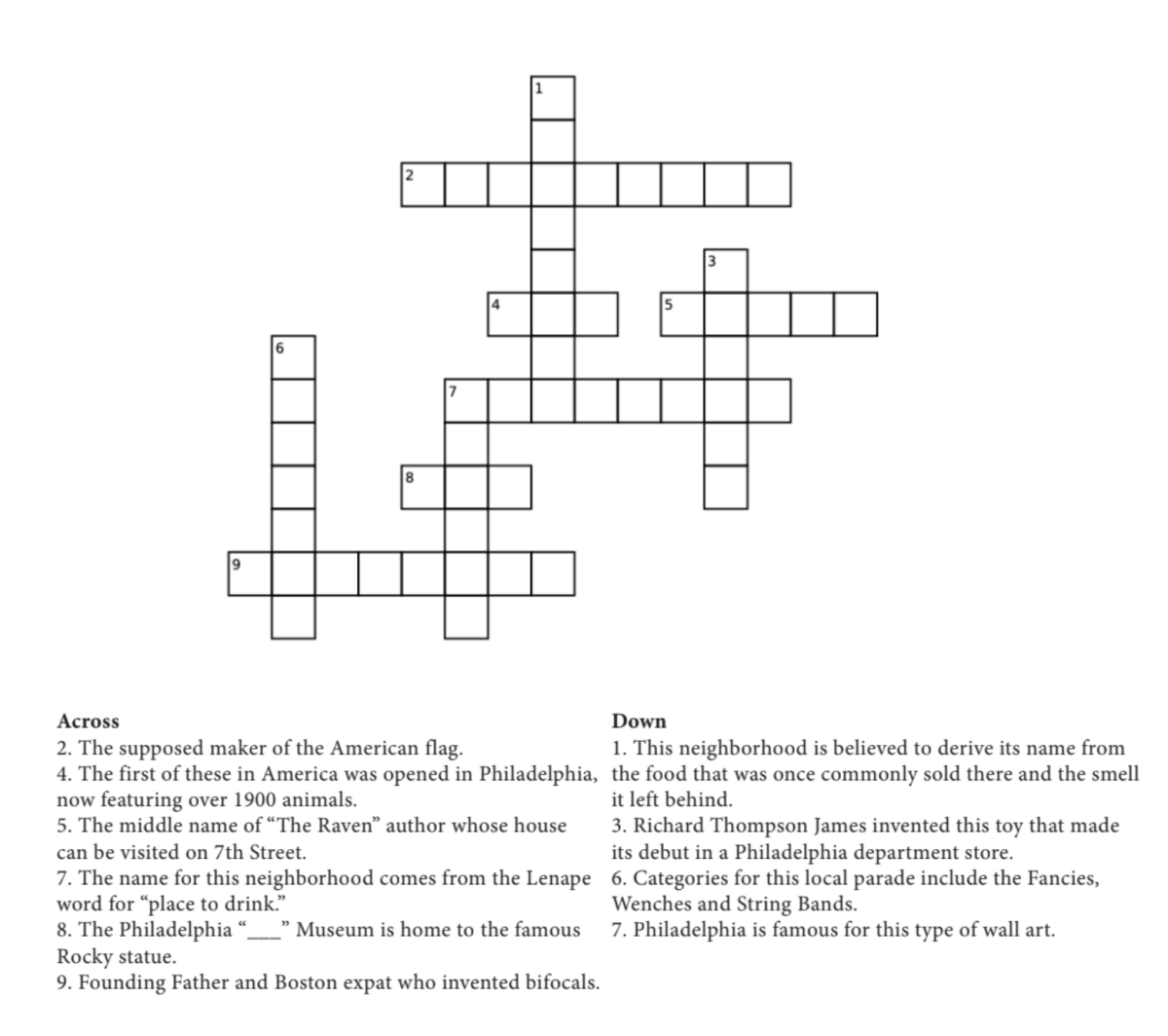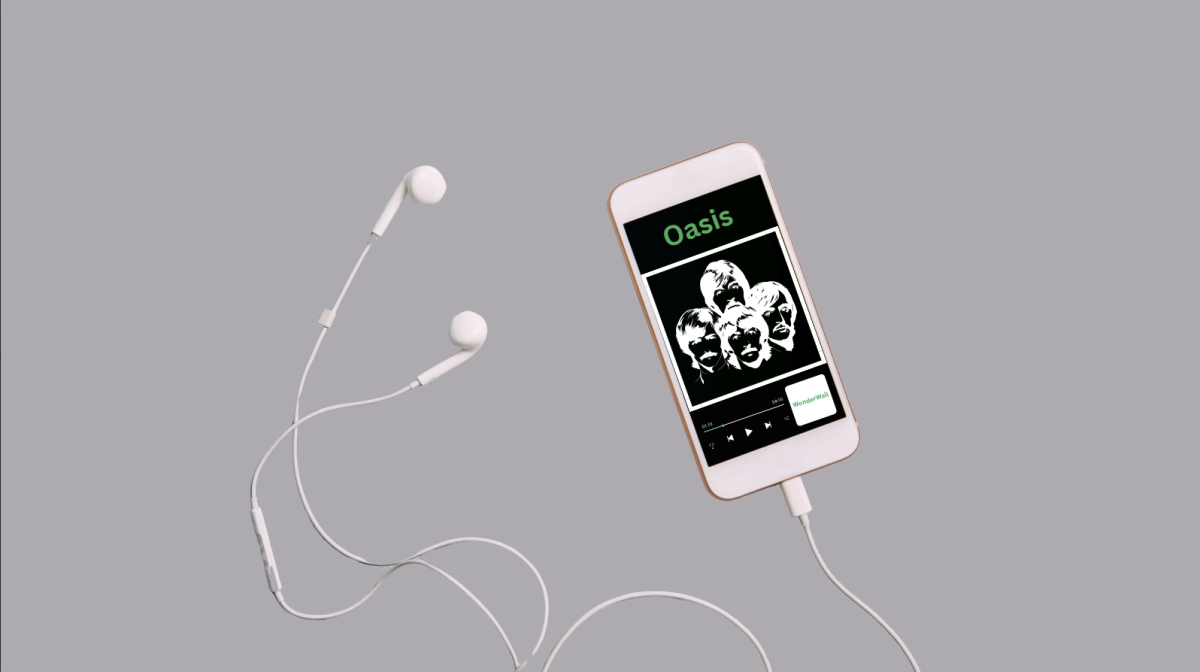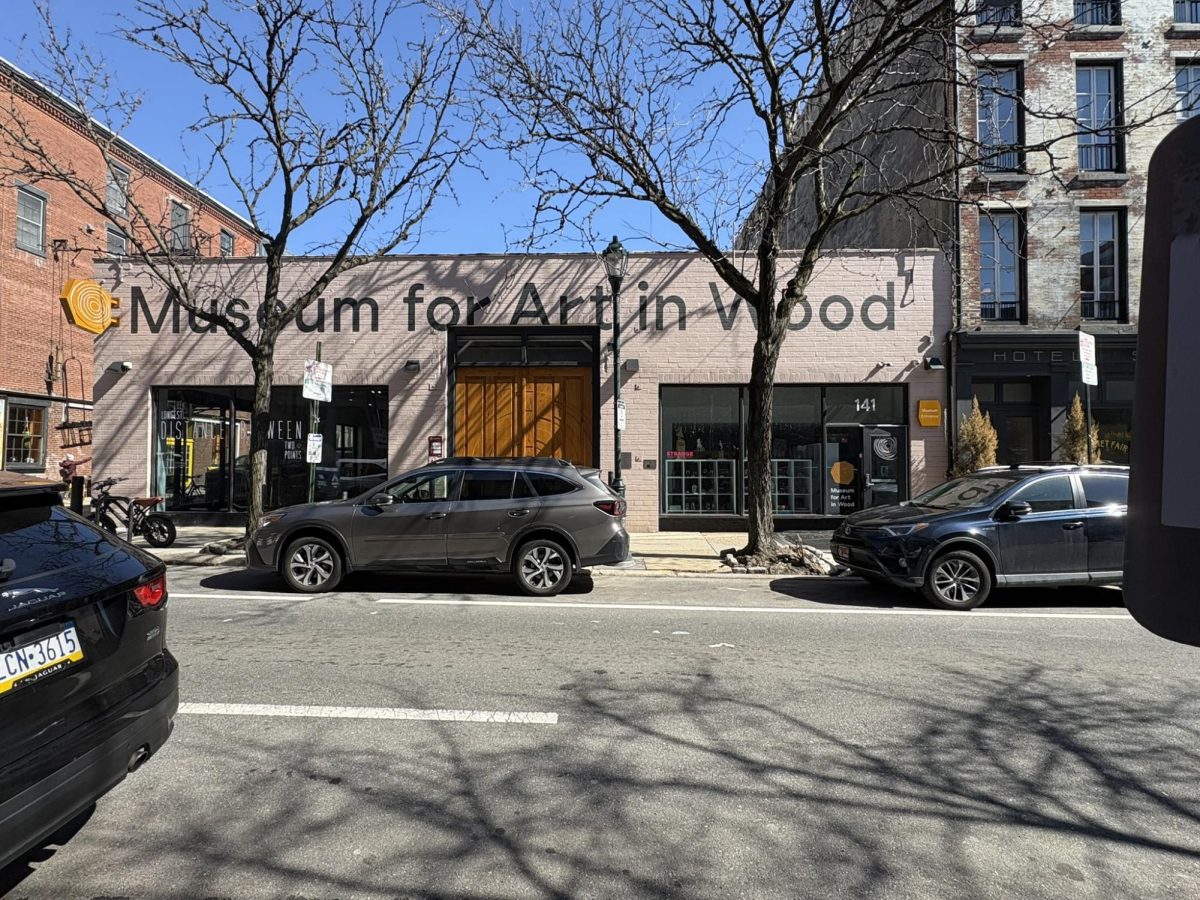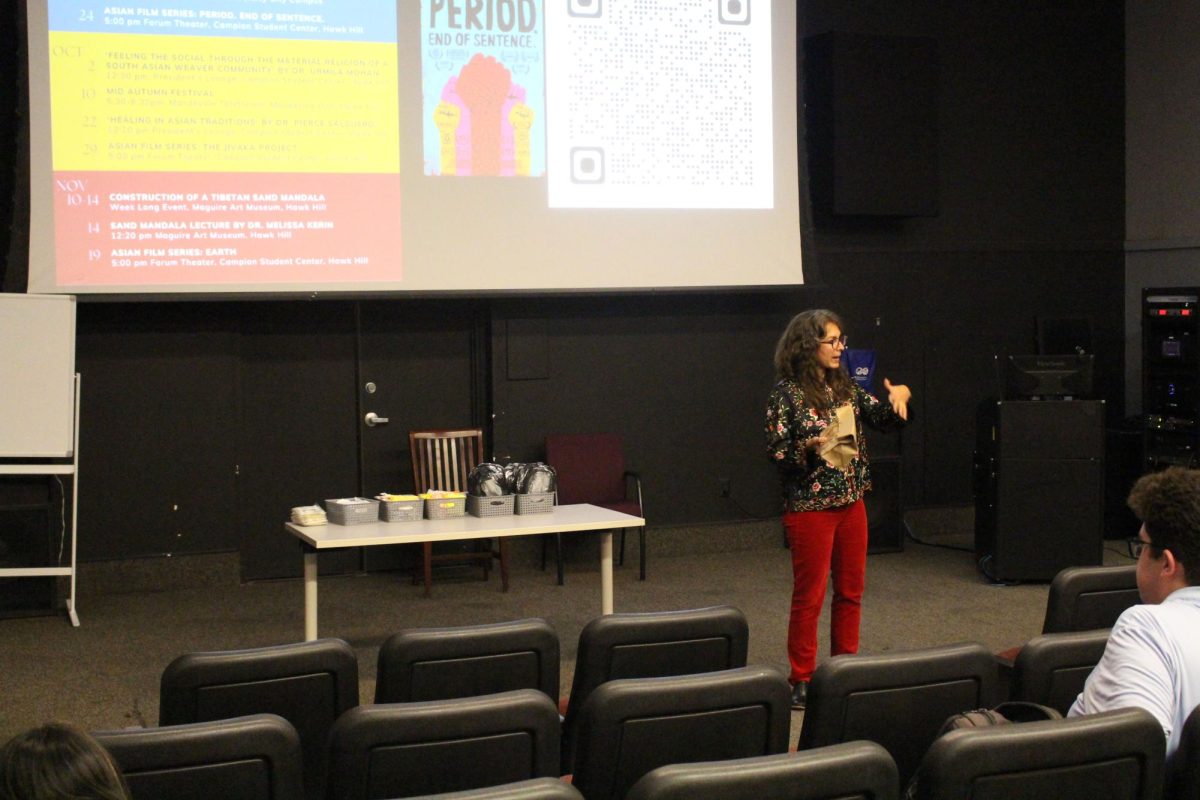The Nealis Program in Asian Studies partnered with the Institute Clinical of Bioethics and Operation Tampon to host an open discussion about the film “Period. End of Sentence.” and the topic of period poverty Sept. 24.
“Period. End of Sentence.” follows rural Indian women as they fight menstrual health stigma by making low-cost sanitary pads and expanding access to hygiene products.
Period poverty is described as “having insufficient access to menstrual products, education and sanitation facilities,” according to the National Library of Medicine. This inaccessibility causes injustice and inequity.
For many viewers like Amber Abbas, Ph.D., associate professor of history and director of the Nealis Program, menstrual health “is a topic that connects us locally and globally.”
“What really struck me was learning not only how access to menstrual products in a place like India impacts women’s access to work and education but also the extent to which those same kinds of problems exist in our communities here in Philadelphia and even on campus,” Abbas said.
Watching the film resonated with students like Dani Rodríguez ’26, who wanted to learn more about how people around the world experience their menstrual cycles and the different stigmas around it.
“It was crazy to see how crippling it was for some women to not be able to even leave their home … and to see how having access to pads changed their lives in their community,” Rodríguez said.
Before the film, the ICB, which promotes the Jesuit mission of “men and women for others” through their service and their research, was given the opportunity to speak about their work in combating period poverty.
Santino Diana ’26, a fellow in the ICB, said one of his responsibilities is to take on research projects, one of them being a period poverty project.
“We’re attempting to create sustainable menstrual underwear for women in developing nations, specifically rural Arcatao, El Salvador,” Diana said.
After the film, attendees were invited to make their own period kits, courtesy of Operation Tampon, to promote openness around menstrual health. Operation Tampon is a service from the Women’s Center that provides free period products to all students, faculty and staff in the St. Joe’s community.
Nikki Sunnen, Ph.D., associate professor of practice in the biology department and faculty liaison for the Women’s Center, said the cost of menstruation health products is not discussed enough.
“I think a lot of people don’t realize how many are used in a particular month for a lot of menstruating individuals,” Sunnen said. “It’s clear here on campus with Operation Tampon that we’re going through 10,000 pieces of product.”
Emma Wenzel ’28, who works for Operation Tampon, said the event was helpful in calling attention to the stigmas around menstruation.
“You never know someone’s situation,” Wenzel said. “Giving people the access to period products, like we saw in the movie, it’s needed so that you can focus on other areas of your life, like academics.”
“Period. End of Sentence.” showcases how period poverty affects not only those who menstruate but also their entire communities. Abbas emphasized that menstrual health is a universal concern that all people should care about.
“Menstruation is something that’s happening to half of the population in all of our communities all the time, whether we’re going to school, whether we’re at work, whether we live in a war zone, whether we are displaced, whether we live in the city or in the countryside, whether we’re homed or unhomed … we’re able to do more together,” Abbas said.
Tayla J. Evans ’27 contributed to this story.

